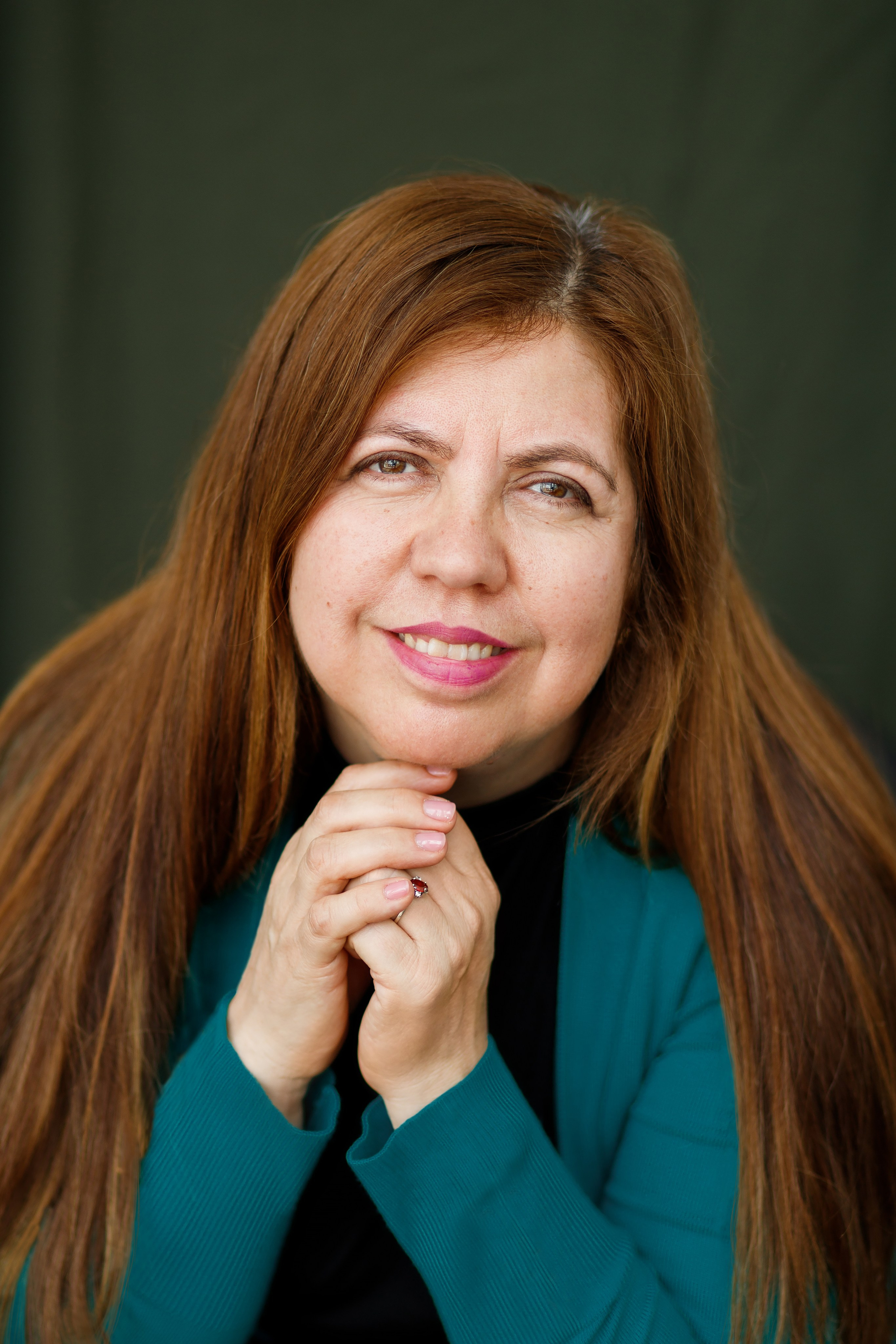
Ascencion
1. Where are you from?
I am from Durango, Mexico.
2. How long have you been in the USA?
I have been here for 40 years.
3. What do you feel — where is your home now? Or what is your home now?
I feel happy to live in the USA. I have had many opportunities in this country, I have learned the customs, the American style of living, and I feel pleased with the comforts.
At the same time, even though I’ve built a good life here, there are still challenges that come with being an immigrant. Some of them stay with you no matter how many years pass.
Language barriers:
Difficulties communicating in the new language can create feelings of isolation and hinder integration. Having an accent makes me feel insecure.
Discrimination:
Experiencing discrimination based on ethnicity, language, or cultural background can create feelings of marginalization and hinder integration.
Lack of support:
A lack of social support and community resources can make it challenging for immigrants like myself to feel welcome and accepted, especially with the last administration.
Uncertainty about the future:
Living in a state of uncertainty about my ethnicity sometimes can create anxiety and hinder the feeling of belonging.
In conclusion, feeling “at home” as an immigrant is a multifaceted experience that involves building strong social connections, adapting to the new culture, achieving economic stability, and finding a sense of personal identity and belonging. While challenges exist, the journey of assimilation and integration can lead to a sense of comfort and belonging in a new country.
However, I feel that I have two homes: my home country and the USA.
4. If you feel that the USA has become your home, how long did it take to feel that way? Did you do anything to help make it feel like home, or did the feeling come naturally over time?
When I came to the US, I was very young and adapted very easily. I imagined and felt that this was my new home. I did everything any other American would have done. I always felt at home, until recently, due to the new administration that expresses so much hatred toward my community and my culture.
5. What helps you feel at home in a new place?
The things that made me feel at home: going to school, having new friends, relatives. After that, I found a good business opportunity. I was able to make the money that I wanted with no limit. I traveled to a lot of places within the USA — Hawaii, Puerto Rico — and to other countries like Costa Rica, República Dominicana, Jamaica, the Bahamas, and other places.
Being a professional gave me that feeling of happiness and belonging to the American dream. I always felt safe, stable, and free. Recently, I feel my freedom is threatened.
6. Has your sense of home changed over time? What does “home” mean to you now, after moving to a new country?
I still feel like home.
7. Who or what makes you feel like you belong somewhere? Why? For example: Parents? Friends? Culture or language? Nature? Or maybe something else?
I feel like I don’t have to choose one country or the other. I love my country, Mexico, and I also love the United States. My family, who still live there — most of them — always welcome me with great love, warmth, and kindness.
Mexican culture is very strong because of its food, music, dances, mariachis, tequila, pyramids, and beautiful beaches. The only thing that makes me feel like I don’t belong here is the current administration.
8. Do you think it’s possible to have more than one home? Why or why not?
I believe that I can call home two countries. I’ve learned to love the USA because it has given me opportunities. My daughters and grandchildren were born here. I have my friends and clients here. I’ve lived in other states, and Colorado is my favorite — for its democracy, its mountains and rivers, its modern and contemporary city, its art and diversity, camping spaces.
My heart has so much love for Mexico and so much love for the USA. It’s not a divided heart; it’s a heart full of love.
9. What advice would you give to someone who is trying to feel at home in a new country?
My advice for newcomers is to accept that they’ve arrived in a new country with different customs. Learn the language, integrate into the community, and enroll in courses where you’ll connect with locals. Enrolling in school depends on the person’s age. Always remember that it’s never too late to learn, and that your mindset will broaden further as you embark on your journey in a new country.
10. How do you say “home” in your native language (using English letters)?
HOME means CASA in Spanish!!!